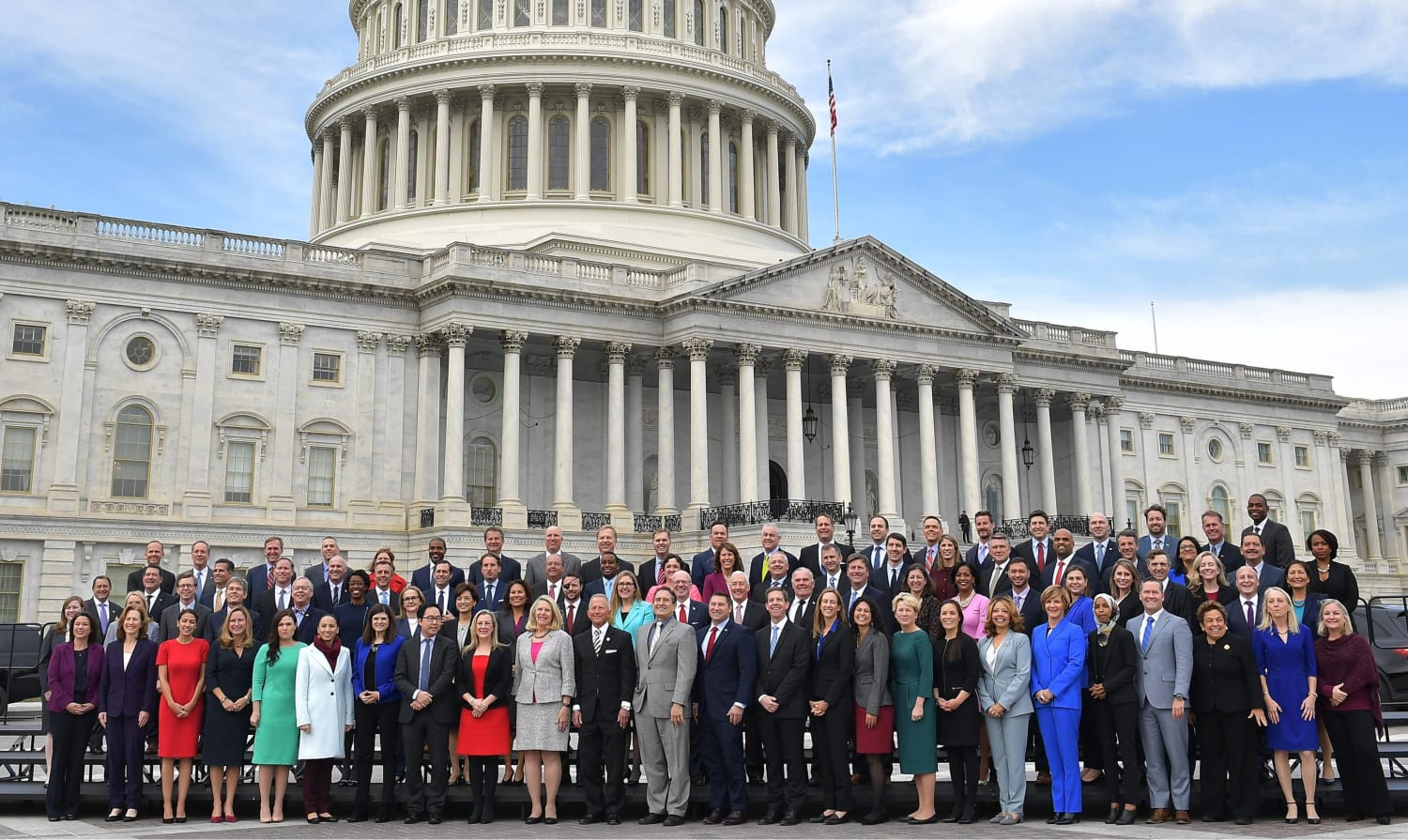Does Age Matter in Politics?
 |
| The members of the recent 116th Congress are the most diverse yet in race, gender, and age. |
With the recent influx of fresh faces to Congress after the 2018 midterm elections, it was refreshing to see a diverse crowd. Yet, one aspect of this diversity could pose a strategic problem: age. Frank Bruni, a columnist for The New York Times, argues in a recent piece entitled In Defense of the Gerontocracy that age is a factor to be considered in the current US Congress and, more specifically, that older congresspersons are a vital component. Indeed, it is a common theme of critique to denounce one's position of power based simply on that person’s age, and Bruni submits that it happens all too often towards older congressmen. Whether power is rejected on the belief that the person is either too young or too old to hold it skillfully, these beliefs about age can cloud or hamper our political thinking.
Bruni points out that older members of Congress have been in politics long enough that they surely have an expansive knowledge of the inner workings of our government system. This knowledge is valuable when new laws need to be passed that might be halted due to an obscure rule, political reaction, etc. And while this is certainly true for some in Congress, it is a gross generalization. Why should we assume that a younger member of Congress doesn’t hold the same knowledge? In the same way, why is it assumed that older congressional leaders have knowledge of those inner workings? It is in these arguments that our biases of age come into play. That is not to say that older congressional leaders don’t have more knowledge, as I am apt to agree that a long time around a system can and often does make one a veritable expert on that system. However, it is important to recognize that discussions of age and experience are logically loose and are based on assumptions that might be unfair.
Still, as Bruni points out, that may not matter politically. For example, he cites the statistic that “the country has never elected a first-term Democratic president over the age of 52.” And while that is true, we are again assuming that the public voted based on age, which may be incorrect. For instance, If people cared about the age of their political leaders, why was Donald Trump, a 72-year-old, elected?
Furthermore, Bruni, 54, has a bias slightly in favor of his age group. The leanings cause him to assume certain aspects of younger and older individuals as ambitious and knowledgeable, respectively. He admits such a bias when he begins writing in generalities about his generation. He states that his generation is “seasoned, because part of what you discover on the far side of 50 is that aspirations and ardor carry you only so far.” But is this really true? Are people over 50 inherently more skilled, realist, and practical? Without any data to back up this claim, its veracity can be disputed.
Bruni’s article lacks the evidence and reasoning to back up his claims about the importance of age in our political leaders. The majority of his evidence is based on flimsy generalities and, though his argument is clearly laid out, it is a shame his conclusions are so shoddy.


Comments